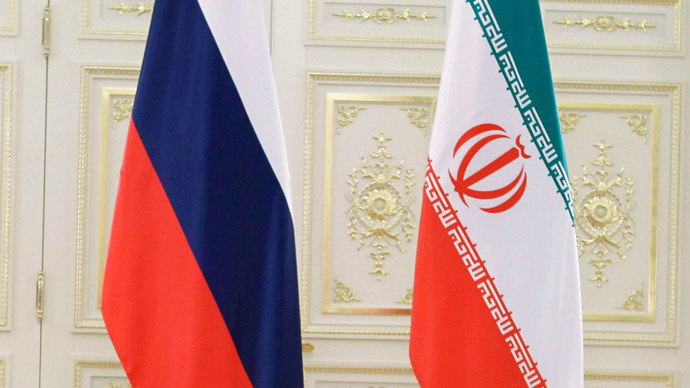
Iran and Russia may increase their military-technical cooperation as the comprehensive solution to Tehran’s controversial nuclear program has given the two sides a good opportunity for that, Iran’s ambassador to Moscow said Tuesday.
“That agreement (in Vienna) could open the gates for widening military-technical cooperation between Iran and Russia,” Mehdi Sanaei wrote in his Live Journal blog.
He cited the recent order of Russian President Vladimir Putin to lift the ban of supplying Iran with the S-300 anti-aircraft systems as a step in that direction.
Bilateral trade may reach 10 billion U.S. dollars following the lifting of the UN sanctions, the diplomat added.
The agreement signed in July between Iran and six mediators (five permanent members of the UN Security Council plus Germany) envisaged the lifting of an arms embargo in five to eight years.
Meanwhile, the diplomat said Teheran was not going to expand its dialogue with Washington despite the Vienna success.
Sanaei noted that Iran has no intention to discuss bilateral, regional and global issues with the U.S., as their political courses frequently contradict each other.
Speculations that Iran would gradually drift toward the West are groundless, he noted.
He also stressed that the Vienna agreement would undermine the ground for the U.S. intervention in the Middle East, while Iran-Russia cooperation could boost efforts to counter terrorism in the region.
Iran’s international priorities are Russia, China and India, the diplomat said.
Sanaei also re-affirmed Teheran’s desire to join the Shanghai Cooperation Organization.